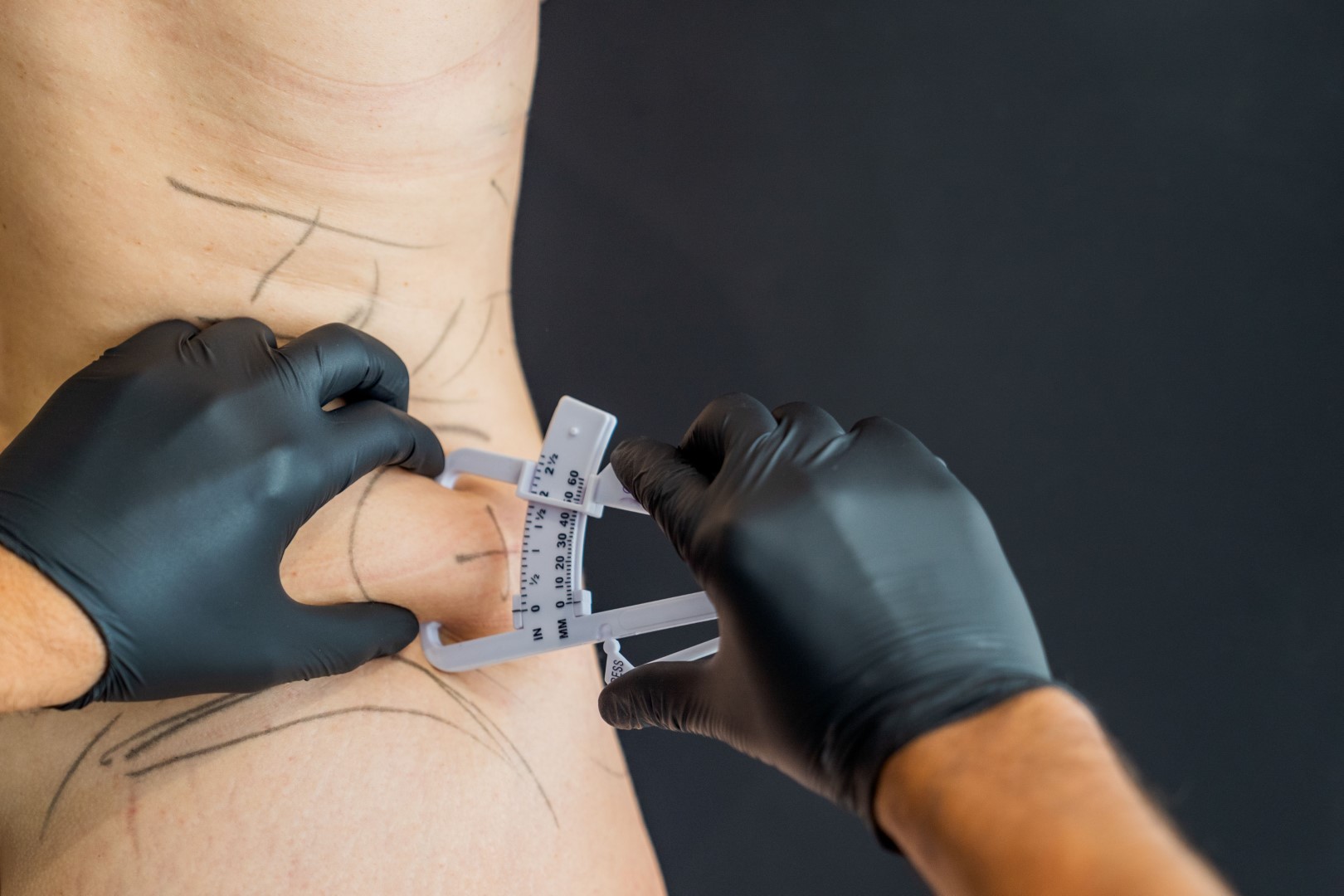Introduction.
Making the decision to undergo a bariatric surgery involves considering and understanding various aspects of both the surgical procedures and the stage of recovery and adaptation to a new lifestyle. The prospect of significant weight loss, which brings with it multiple health benefits and an overall improvement in quality of life, is one of the most prominent incentives to embark on this surgical journey.
Through the skills and specialization of professionals such as the Dr. Luis Canonumerous patients have found in the bariatric surgery in Tijuana an effective and safe way to achieve and sustain relevant weight loss. However, questions and concerns about the speed and duration of results, in addition to the necessary adjustments and modifications needed on a day-to-day postoperative basis, are common and completely valid.
This article sets out to explore some of these concerns, providing an overview of weight loss following procedures such as gastric sleeve and the gastric bypassand address the challenges and alternatives that patients may encounter on their journey to a healthier existence after surgery.
In the next section, we will delve into the topic of how quickly weight loss can be anticipated after surgery. Are you ready to continue this informative journey?
How Fast Can You Lose Weight After Bariatric Surgery?
The bariatric surgery has been noted for being an effective intervention in the path to weight loss. However, the rate at which patients subsequently lose weight varies, an aspect that generates many questions among those who undergo this procedure.
First of all, the different types of surgeries, such as the gastric sleeve or the gastric bypassThe use of these products directly influences the speed at which weight is lost, due to their different approaches to modifying the digestive system or reducing the size of the stomach.
On the other hand, the patient's degree of adherence to the postoperative medical indications is a determining factor. The rigorous execution of the indicated diet, the intake of supplements and the incorporation of physical exercise are pillars in the maximization of weight loss. Although patients generally experience a notorious weight loss during the first six months, the tendency is for this to stabilize approximately one to one and a half years after the procedure.
Additionally, it is important to highlight the importance of emotional and psychological support during this process. Adapting to new habits and lifestyles can sometimes be a challenge and, therefore, having an adequate support system is essential to overcome the difficulties that may arise along the way.
In short, although the bariatric surgery is a powerful vehicle toward weight loss, the speed with which the desired goal is achieved is a combination of clinical factors and the patient's commitment to their new lifestyle.
Weight loss in years after bariatric surgery
The road behind a bariatric surgery does not end with the surgical procedure, but initiates a new stage in the patient's life, especially in the years following surgery. Postoperative weight loss is a phenomenon that continues to be evaluated in different periods of time and has shown interesting patterns over the years after surgery.
A vital observation is that many patients may continue to experience weight loss, or maintain their new weight, for up to five years after surgery. bariatric surgery. However, it is imperative to mention that this maintenance or sustained weight loss is not automatic and requires an ongoing commitment to substantial lifestyle change.
The emphasis on nutrition is critical in this phase. A balanced diet, adapted to the new conditions of the digestive system and rich in nutrients, is fundamental to sustain the results obtained with surgery over time. Likewise, incorporating regular physical activity and consistent medical check-ups is also vital to monitor health and prevent possible complications or nutritional deficits.
In summary, the long-term success of the bariatric surgery in terms of weight loss and weight maintenance depends largely on the patient's ability to adapt and permanently adopt new healthy habits, which requires a combination of education, support and discipline along the way.
What is revision surgery and when is it best to perform it?
The revision surgery in the context of bariatric procedures refers to a second intervention that is performed after a bariatric procedure. bariatric surgery previous. This may be undertaken for a variety of reasons and is not an option to be taken lightly. Commitment, preparation and risk-benefit analysis are crucial when considering this option.
There are several reasons to explore the possibility of revision surgery. On the one hand, it may be necessary if there are complications or problems arising from the original surgery, such as slippage of a gastric band or problems with other implanted devices. It may also be considered if the patient has not achieved significant weight loss or has experienced significant weight regain after the initial intervention.
The ideal timing of revision surgery varies widely depending on the reason for revision surgery and the patient's circumstances. Patients seeking revision surgery due to lack of weight loss or weight regain should work closely with their medical team to ensure that all non-surgical issues (such as nutrition and eating behavior) have been addressed and optimized before considering a new surgical procedure.
Of course, decisions related to revision surgery should always be made after thorough discussions with Dr. Luis Cano and his team, carefully weighing the potential benefits and risks. The preoperative evaluation in these cases is particularly thorough and aimed at maximizing the safety and efficacy of the revision procedure.
To conclude
The bariatric surgeryin its various modalities, such as gastric sleeve and the gastric bypassremains a fundamental tool in the medical arsenal to combat obesity and improve the quality of life of patients. Weight loss after the intervention, although significant and transformative, is not only a result of the procedure itself, but also of the patient's commitment to substantial and sustained changes in lifestyle and eating habits.
The Dr. Luis Cano emphasizes that ongoing support and continuing education are pillars in the long-term success after bariatric surgery. Patients who undergo these interventions not only gain a weight loss tool but embark on a journey that requires regular follow-up, dedication and, at times, additional adjustments or interventions to stay the course.
It is essential to understand that each patient has a unique journey and their results may vary. The information provided in this article is general and each case should be discussed and evaluated individually with the appropriate medical team, ensuring a personalized approach that maximizes the likelihood of success and minimizes risk.






